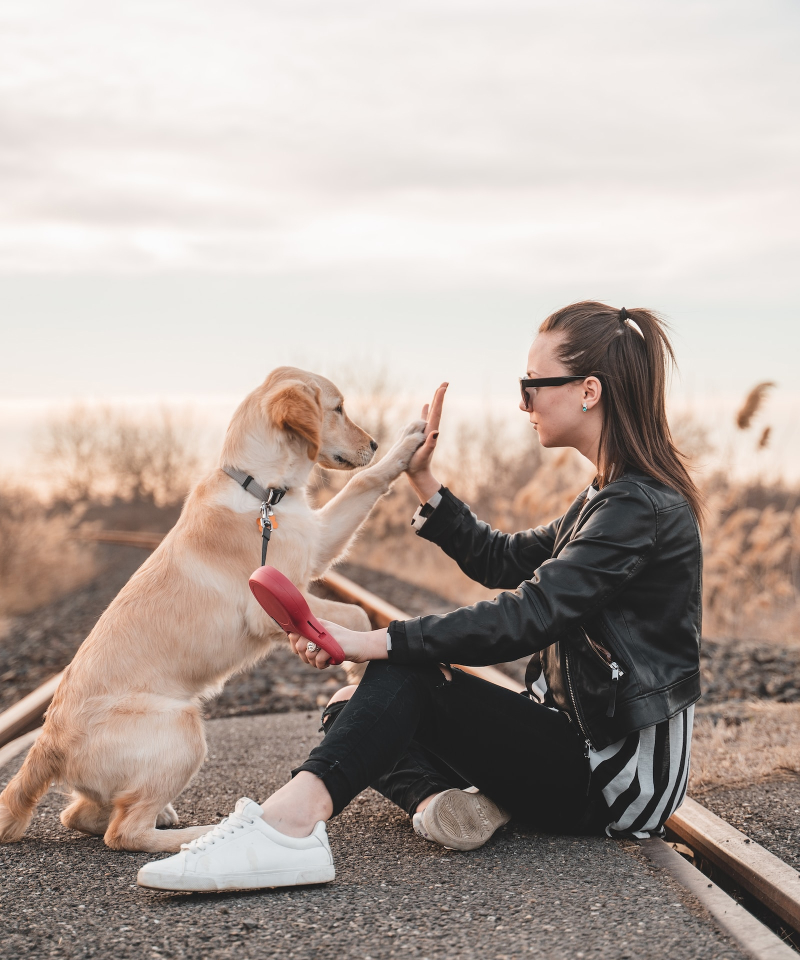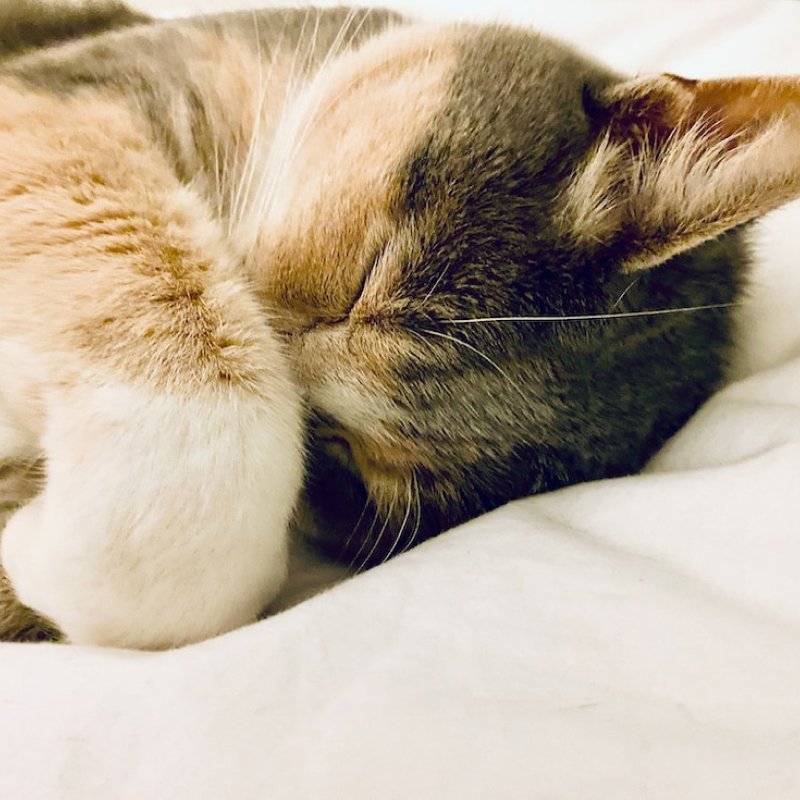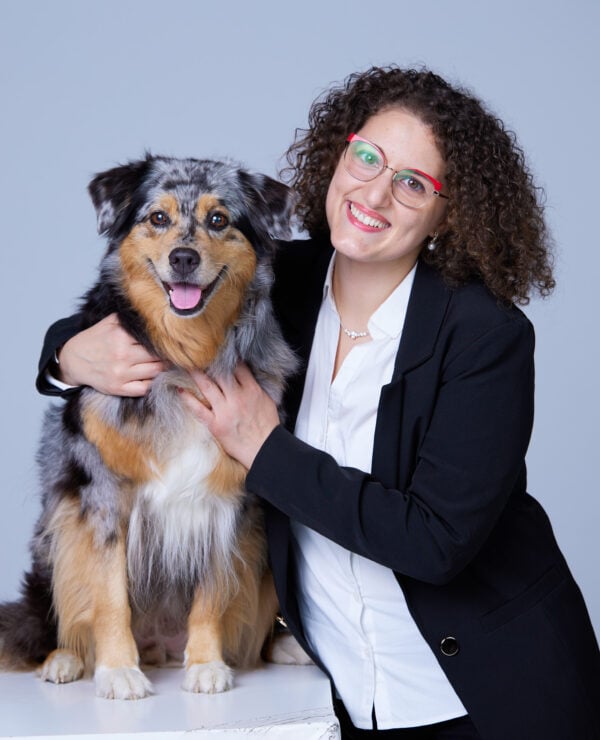Providing anaesthesia for Your Beloved Pet.
When your pet needs anaesthesia, it can be stressful for both: you and your furry friend. Whom can you trust? How do you ensure your pet gets the best care? VAS specialists are here to help.
Many veterinary procedures and tests require sedation or anaesthesia, as animals cannot remain still on command for procedures like ultrasounds or radiographs. On other occasion your pet might need a surgery.
Typically, your veterinarian and their team handle anaesthetizing your pet. However, in many occasions, anaesthesia specialist services may be necessary or preferred, much like a general practitioner referring you to a specialist, or you prefer to be treated by someone with more expertise.
If you seek better care, VAS specialists are here. We are available for all procedures, the lengthy or complex ones, for older animals, animals with risk factors and chronic conditions, but also simply if you want someone with specialist skills overseeing your pet’s care.
VAS is a team of veterinary anaesthesia and pain management specialists. With advanced training and equipment, we ensure your pet receives expert care before, during, and after the procedure, working closely with your veterinary team. To learn more, visit our FAQ section below, or contact us to discover how we can support you and your pet.







